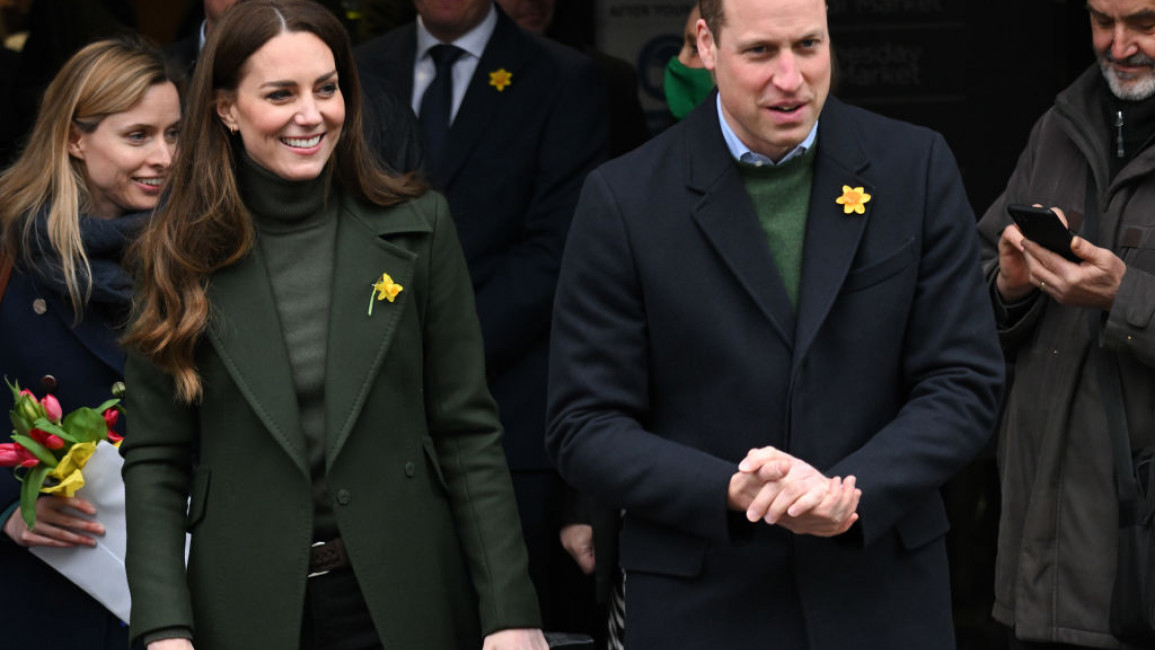Prince William says 'conflict is alien to Europe', sparking backlash
The UK’s Prince William has come under fire for saying that war is "alien" to Europe during a visit to the Ukrainian Cultural Centre in London on Wednesday.
"It’s very alien to see this in Europe. We are all behind you," he said to volunteers at the centre.
The prince added that he wanted to do more to help and that he and the Duchess of Cambridge "feel so useless", according to Metro UK.
The royals said they were "choosing the right words" when talking about Russia’s unprovoked war on Ukraine with their children.
Yet Prince William’s comments on Ukraine were jumped on by activists, who said he had ignored the countless wars and conflict on European soil.
Author and journalist Omid Scobie said: "Europe has seen some of the bloodiest conflict in the past two centuries".
Scobie gave the Yugoslav Wars, occurring between 1991 and 2001, as an example, as an example, which included the Srebrenica genocide when 5,000 Muslim Bosniak men and boys were systematically killed by a Bosnian Serb militia.
Unsurprised to see backlash against Prince William's ignorant remark (reported by @PA). Europe has seen some of the bloodiest conflict in the past two centuries—Balkans, Yugoslavia, Germany and Kosovo to name a few. But sure, let's normalise war and death in Africa and Asia. pic.twitter.com/49xYzFOyBK
— Omid Scobie (@scobie) March 9, 2022
Others criticised the prince's apparent failure to acknowledge the UK's bloody colonial past, which has been the catalyst for numerous wars on both the African and Asian continents.
Prince William’s comments come after backlash against several Western media outlets' coverage of the Ukraine war, which has been accused of being racially biased.
Renowned outlets such as CBS and Al Jazeera emphasised Ukraine’s "proximity to Europe" and "civility" when drawing comparisons to the war in Eastern Europe and conflicts in Iraq and Afghanistan.
The New Arab contacted Clarence House for a comment on the issue but received no response at the time of publication.



